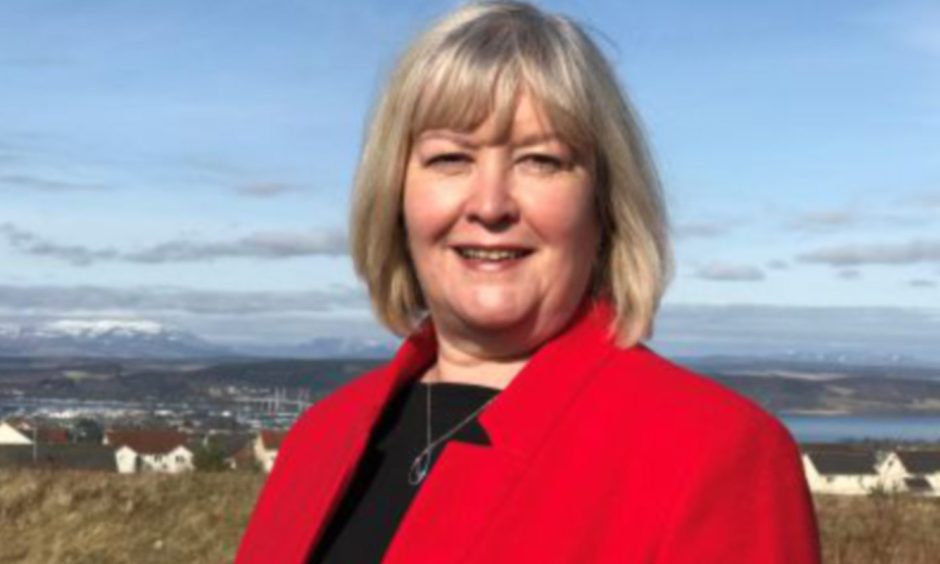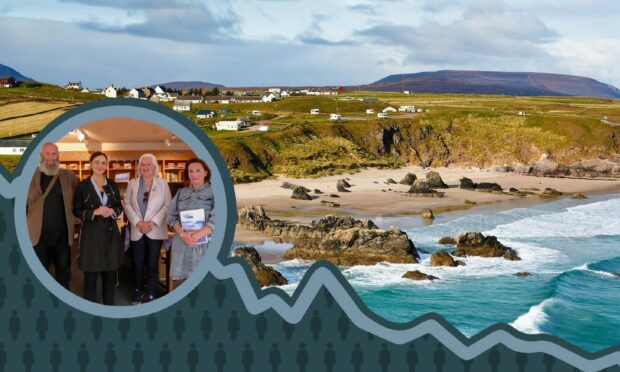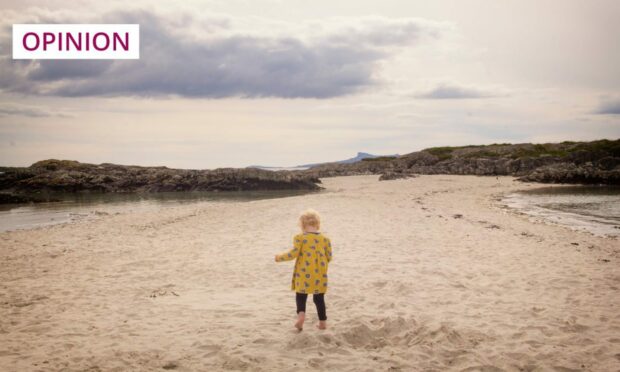A government plan to tackle rural depopulation has been welcomed – but labelled a missed opportunity to take more action.
The Scottish Government published its Addressing Depopulation Action Plan aimed at supporting people to live and work in affected communities, many of them in rural and island areas.
Forecasts show Scotland’s population will fall from 2033, with 14 council areas expected to see population decline in the next decade.
Lack of affordable housing, employment and good transport links are among the reasons for rural and island areas failing to keep or attract people.
Local projects will receive funds
An £180,000 Addressing Depopulation Fund will initially help three acutely affected councils trial ways to tackle the issues.
The locally-led projects to receive funds will be announced later this year.
The government is extending part-funding for community settlement officers in the Highland, Argyll and Bute and Western Isles council areas for the next financial year.
It will also set up a delivery group to monitor actions.
The plan was launched at the Nevis Centre in Fort William by migration minister Emma Roddick.
She said: “Local leaders, councils and organisations are the people who know their communities best.
“That’s why this plan commits to channelling community expertise and backing a range of local-led initiatives.
“This will not only benefit the places leading these projects, but could also generate learnings that can be applied elsewhere.”
She said the pilot fund will help monitor local action to help decide the next steps.
Ms Roddick told the Press and Journal affordable housing is one of the biggest issues facing the Highlands and Islands.
The government said it will deliver 110,000 affordable homes, including 10% in rural and island areas.
Failing to address the issue
Under the Rural and Island Housing Action Plan, it is aimed at helping attract and retain people to communities.
She also said more community ownership could help tackle local issues.
“It gives people that empowerment and being able to take an active leadership role in the community.
“It is a great way to foster that community spirit and keep people locally.”
But Highlands and Islands MSP Rhoda Grant said while the plan sets out the importance of the issue, it fails to address it beyond previously announced policies.
“There is a host of old commitments and rehashed ideas, with a promise to further explore and engage with groups to find solutions.
“This was a missed opportunity to take action rather than further consultations and taskforces.”
Ms Grant, Scottish Labour’s rural affairs, islands and land reform spokesperson, added: “For rural communities to have faith in this government, it is important now to turn the words into action; deliver not delay is the message.”
She said: “Although very delayed, I welcome this publication. It sets out in black and white why people are leaving rural areas and what factors affect people moving in.
“There was scope for introducing new polices based on recommendations and evidence gathered.
“Yet there is a familiar statement of further engagement, discussions and more consultation.
“This strikes of inaction and will further delay meaningful interventions.”
Affordable housing a priority
The minister discussed with the Lochaber Hope charity how community assets and hubs can support sustainable communities.
Carrie Kirkegaard is manager of Lochaber Hope’s New Connections project.
She said affordable and accessible housing is a priority, alongside tackling second and holiday homes.
“When the majority of housing is not owned or used by people staying locally it doesn’t make sense to keep building more housing on top of that.
“We need to address the houses that are sitting empty.”







Conversation